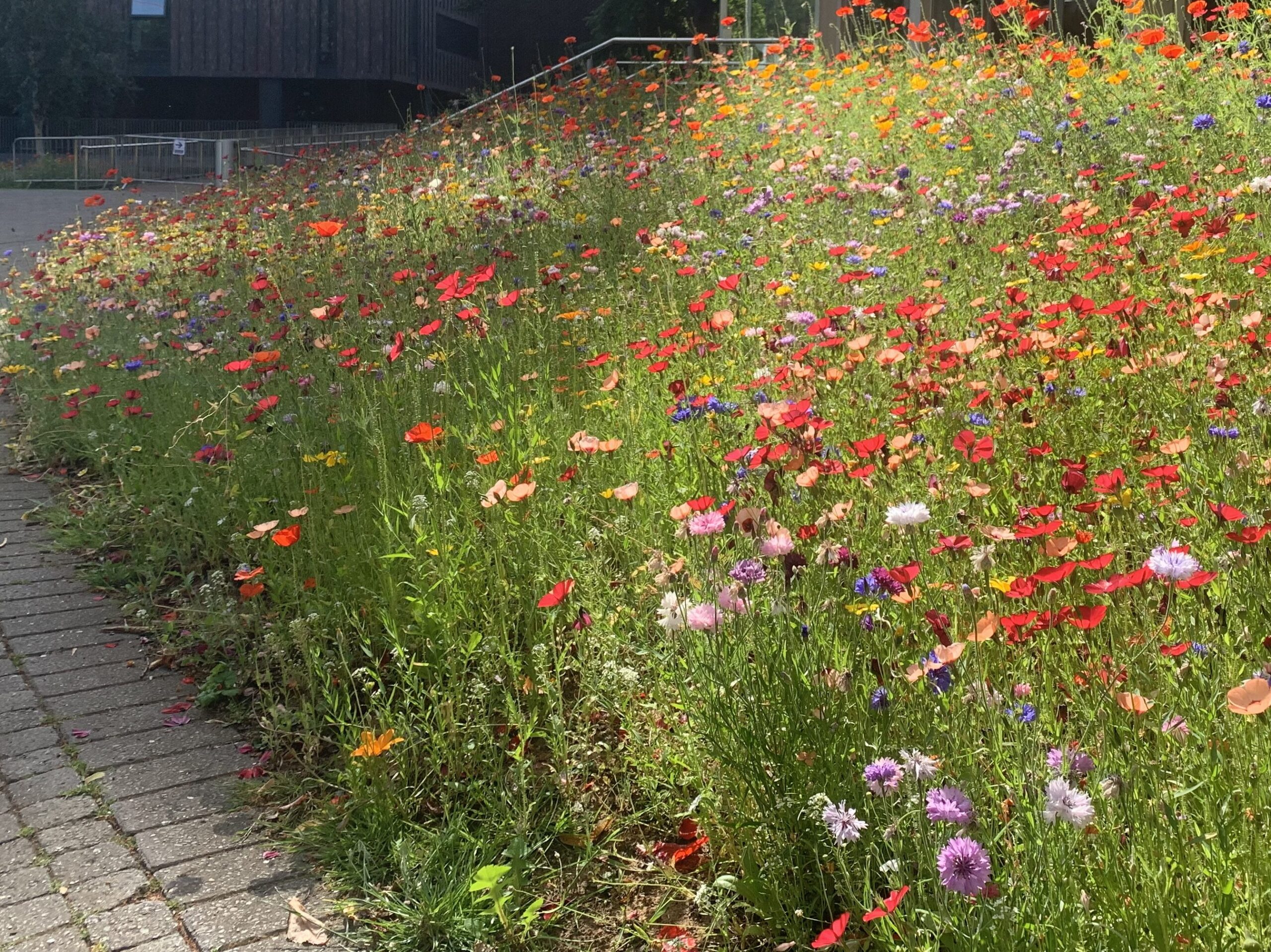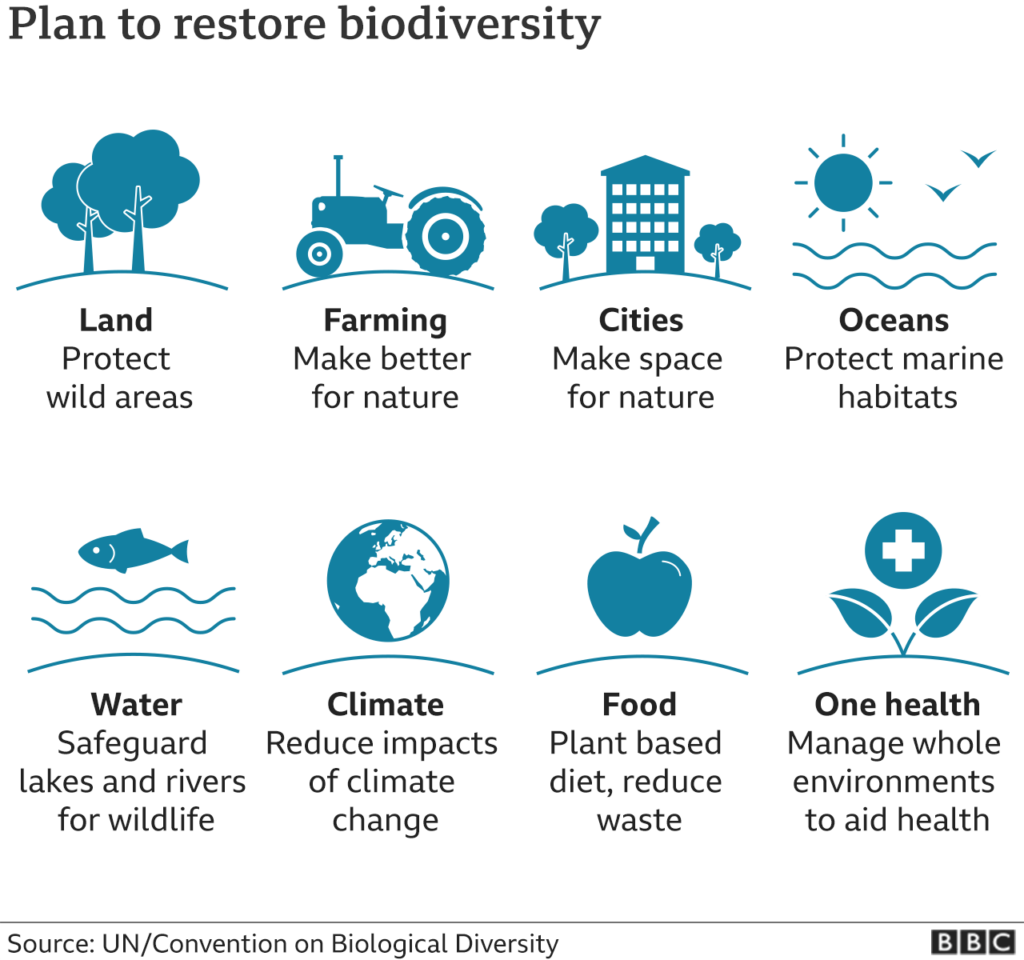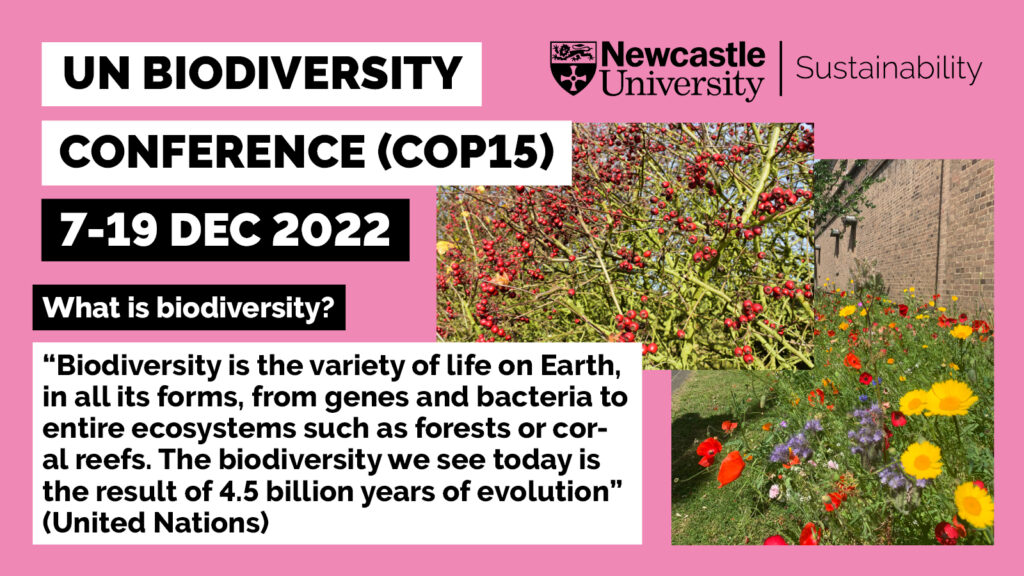With the next academic year due to begin, it’s time to take a moment to reflect on the University’s sustainability activity. From buzzing eco-friendly events and collaborations to receiving exciting awards, this year has been packed with sustainable achievements.
We held some great events…
Climate Action at Newcastle University
On the 10th of November 2022, we invited colleagues and students to join us at a conference-style, collaborative event on climate action. This was a great event where delegates were able to discuss future climate action plans and hear more about more about sustainable initiatives in the higher education sector.

Spudfest
In December 2022 the School of Natural and Environmental Sciences held Spudfest in collaboration with the Sustainability Team, Keenan Recycling Ltd, EAT@Newcastle and Newcastle Food Bank. This event showcased some of the exciting research on our farms and helped to avoid food waste. It was a spud-tacular event!

Sustainability Week
Sustainability Week was a weeklong event in March 2023. We held a variety of activities throughout the week aimed to engage and inspire the University community. Activities included a tour of the National Green Infrastructure Facility, a climate anxiety workshop and a full day festival!
Environment Awards
At the end of June, we celebrated the Environment Awards. This was a lovely afternoon where we celebrated the achievements of the University community. From acknowledging the work of LEAF members to celebrating our Grounds Team, there was plenty to celebrate!
We received some exciting awards…
In December we received the news that we retained our ‘First Class’ sustainability ranking by the People and Planet University League for the 10th year in a row.
We were ranked 4th in the UK and joint 24th in the world for sustainable development in the Times Higher Education Impact Rankings.
In June, we were externally audited on our Environmental Management System (EMS) and Energy Management System (EnMS). We were recertified to ISO 14001 and ISO 50001 respectively. You can learn more about what this means in our EMS and EnMS blog post.
We brought our campus to life…
Our grounds team planted over 1500 m2 of wildflower beds across campus. These really came into bloom in the hot summer weather and have made our campus look great!
A group of volunteers and the Sustainability Team carried out hedgehog surveys on campus. Newcastle University holds a Silver Award from Hedgehog Friendly Campus.
In December 2022, we became a founding member of the Nature Positive Universities Alliance. This initiative was launched at COP15 and requires universities to calculate a baseline of their effects on biodiversity and set targets to minimise their impacts.
.
And some more great Sustainability activity…
In January we started the Sustainability Network, a place for communicating sustainability news with the University community. The network currently has over 200 members and is still growing! Sign up to the network here.
In October we restarted this blog! This page has become a wealth of information about sustainability in the University and around Newcastle. We currently have over 20 blog posts up on a variety of topics ranging from travel to food. Make sure to watch this space for more posts.
We would like to say a big thank you to everybody who engaged with our activities this year. Our work wouldn’t be possible without your support. Stay tuned for some more great work in 23/24!







